I remember when I had to write my first resume. I was about to graduate in management engineering, I opened a Word document and stared in front of it for a while looking at an empty page.
And I was worried that I couldn’t add anything relevant and so I was thinking: why would companies want to hire me when they will for sure receive other applications from people with more experience or even better schools?
Fast forward 10 years later, as a fashion career coach, I’ve learned many things and I know that while it’s normal to have those fears, they were actually living more in my head.
In fact, I broke into fashion with an internship at a top company: Alexander McQueen in the eCommerce department despite I was still that girl with a degree in management engineering, with no connections, not born and raised in a fashion capital and without previous experience in fashion.
So yes, it’s absolutely possible to get into fashion even if you have no experience yet (if you think about it’s quite logical, right? Or how would everyone else, including Anna Wintour have done?) So if you are like me 10 years ago looking to write your first resume to apply for your first job in fashion, in this article I’m sharing some tips for you!
How to build your resume when you have no experience to break into fashion
1. First things first: get rid of the myth that you can’t get a job in fashion without experience
A big myth that I’ve noticed among fashion enthusiasts is the idea that you can’t get a job if you have no experience or didn’t study a specific degree or attended a fashion school. So first things first, let’s dismantle this myth because I presume that if you are reading Glam Observer, you are somebody who takes the time to educate yourself and learn, so you are definitely one of those people with the exact potential that the fashion industry is looking for when hiring interns and young resources!
“Hey Giada, I can’t get a job in fashion… I’m applying for so many jobs but no one is getting back to me. I think it’s because I don’t have enough fashion experience.“
I get emails and messages like this all the time, my friends. But trust me when I say that this is not the reason why you are not getting the job (of course unless you are applying for jobs that require 3-5 years of experience in a similar role, then, in this case, this could be a problem).
But if you are at the beginning of your career and you apply for entry-level jobs and internships, the reason why you are not getting the job is not that you don’t have a fashion background.
As I wrote in this article, the fashion industry is hiring for potential, which means they are not looking anymore for someone who knows it all already, especially for entry levels and internships. They are more and more focused on different things than a prestigious university or tons of experience. They want to know if you have the potential to learn everything on the job.
Think about this: everyone started from scratch. Look at your favorite editors, stylists, fashion designers… everyone started somewhere. No one is born with already some kind of experience on their resume. They all started somewhere and so can you.
2. Clarify your career goal
Before starting to write your resume, I encourage you to sit down and think about your career goal/ideal role in fashion. What kind of jobs are you thinking of applying for in fashion?
What department is made for you?
Why is it important to define this before writing your resume? Because the CVs/Resumes that are tailored to the position are the ones that work the most. Different jobs in fashion require different skills and keywords. If recruiters can’t see how you would fit into the job you’re applying for, your resume will not be very effective.
So if you are clear about the positions you’d like to apply for, then you can determine which keywords to add to your resume.
For example, for a fashion buying internship, you might need to add more analytical skills and programs such as MS Excel. For an internship at a fashion magazine, you need writing, organizational skills and knowledge of the fashion media landscape.
Thus, it’s important to define your goals and determine what kind of positions you will be applying to before working on your resume.
Not tailoring your resume to the position and sending the same to all the companies is one of the most common mistakes people normally make with their CVs.
3. Analyze the job descriptions
So now that you have a better idea of the position, look for internships online and read the job descriptions. Why? This is a great exercise to understand what are the skills required for those specific positions.
Let’s say for example that you have decided to work in fashion PR, then even before starting to write your resume, go online and look for PR internships. (Yes, you need to look for and apply to internships if you have no or little experience instead of full-time jobs).
Read carefully the job descriptions of PR internships and in particular the section related to your tasks and the skills required. Write down the skills that you read so that later, when you have to add skills to your resume you already have a great list, to begin with.
PLUS by doing this exercise the skills you will add are relevant to the position and are NOT just random and generic skills that you are adding just for the sake of making your resume more interesting with more things on it. Remember: quality over quantity. It’s better to have fewer skills that are relevant than just writing down 30 skills just to make the list longer.
For example, let’s read this position from LVMH.
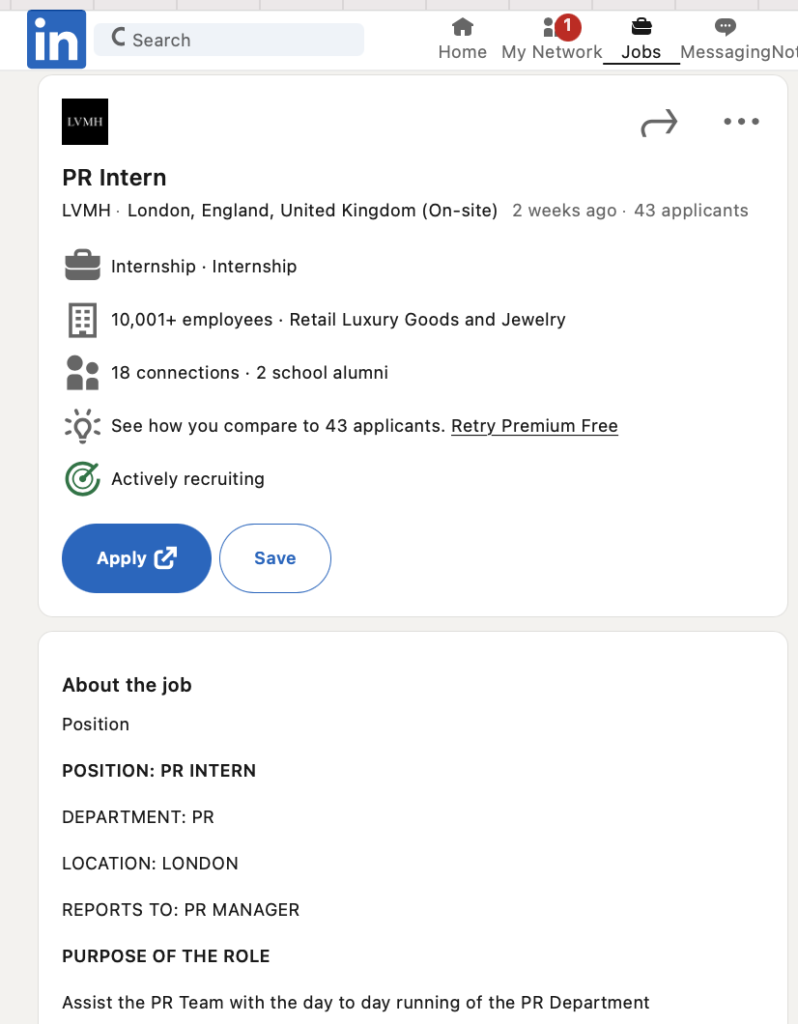

Skills such as MS Excel, attention to detail, excellent communication skills, and a passion for PR and media should be on your resume.
Don’t be scared when reading job descriptions. Don’t fall into the mistake of thinking that you don’t have any skill just because you have never worked before. You have acquired skills with every experience in your life.
4. Write down your skills
Look at your past experiences, even just what you did in school, and rest assured there are skills you can get out of those years.
For example, you might have developed organizational skills because you organized something at your school. Or are you the one in your family that organizes travels, and parties?
Or you’ve worked in a restaurant or grocery store? This might translate to a customer service experience.
Did you work on projects with other students? Teamwork and research skills are already in your arsenal.
You created a presentation and presented it in front of your class? Check presentation and communication skills.
Do you take the Excel for Fashion course? Then you can add Microsoft Excel.
Do you need to have knowledge of the media landscape and journalists for that PR position or internship at a fashion magazine? Then a quick online course on fashion journalism can be for you.
Do you need to have knowledge of bloggers and influencers? I’m pretty sure you can write down a list of many of them if you just scroll your Instagram feed.
So whenever you have to write your resume, read the job description first, get the skills out of them and make sure you add those to your resume because YOU CAN add those skills on your resume even if you don’t have experience yet as I’ve just shown you with these examples above.
However, don’t add an endless list of skills just for the sake of adding them. For example, adding Photoshop for a buying internship and then missing relevant skills such as Excel could be a serious problem. Trust me that you already have so many skills already that are relevant to get your first fashion internship.
5. Build the Education and Experience section
So you have the skills section done, now let’s write the education and experience sections of your resume which are quite important.
Even the smallest experiences matter, so if you worked as a sales assistant, backstage during fashion week or you even just have your fashion blog or you design your collection or take photos, you can add these among your previous experiences.
If you don’t have any relevant experience yet, make sure you add your education (even if you are still studying) on top.
If you are studying or you just graduated in something relevant to the job, you can even add a couple of bullet points under your degree with some relevant classes.
For example, if you are studying marketing or communications and you have classes in Digital, Social Media, Marketing, and Project Management… and you are about to apply for a role in social media, PR, or fashion marketing, then add those relevant classes as a list of bullet points. Or if you are attending a fashion school you can add the most relevant classes according to the position you are about to apply for.
As a student or recent graduate, you may feel like you have very little information to include on your resume, but this is totally okay my dear friend. It’s okay to have a short resume when you are looking for your first fashion internship. I got my first fashion internship at Yoox Net a Porter and I had no previous experience in fashion! But I totally feel you. I remember that feeling. I remember that I wanted to find a way to grow my resume somehow to show potential recruiters that I was committed to working hard and very interested in fashion.
So I took some online fashion courses and I used unconventional strategies to impress recruiters and show them that I had potential. And that was enough to get me my first internship. And this formula, the combination of unconventional strategies and some few but key elements that you can add to your resume even if this will be your first job, is something that I teach inside the Break into the fashion industry course that has helped thousands of fashion enthusiasts as well!
Some resume templates are built to give more importance to the work experience so it’s on top and then the education is below or on a smaller column.
When you don’t have experience yet, your degree or the university you’re attending is the main thing you can show off on your resume so it needs to be the most important part of your resume. So just because the template you are using highlights the work experience more than your education, you still have to adapt the template to your profile and put your education on top as the most important thing you have on your resume because trust me that even if it’s not a fashion school, any degree you took or you’re still taking is still a LOT of hard work and many years of your life that you should be proud to show off.
To conclude, you should not worry about the fact that today your resume is empty because it’s enough that your CV contains those few elements that make a fashion recruiter understand that you have the potential to learn everything on the job. Just like with the skills, don’t fall into the trap of writing not-relevant experiences such as babysitting, working at a supermarket, or at a restaurant… just to fill out your resume with something. You’d be surprised about how many interesting and more relevant things you can add to your resume even if this will be your first job, just from your personal experiences, school, and personal projects!
6. Your design and details matter
Your resume is much more than a list of skills and experiences, it represents you, your personality, your mindset, your creativity, and your potential. Together with the content of your resume, the eye wants its part, especially in a sector like fashion where appearance is something people look at. The layout of your resume says a lot about you and how you present yourself to brands. When you are at the beginning of your career and you don’t have experience yet, recruiters won’t look too much at your previous experience, but they will focus more on other details to understand if you have the potential.
They will look at the design of your resume if it’s well structured or messy because it’s from those small details that they can understand your personality. Already from your resume template, they can understand if you are an organized person if you have attention to details if you are creative…so make sure you have a strong resume layout even if you don’t have experience yet because your resume is the first impression a fashion company makes about you. Otherwise, recruiters will pass and continue with other resumes and only eventually will look at yours.
7. Go beyond your resume and impress them
When you are at the beginning of your career, you have to apply for internships, so recruiters know that the applications they will receive for those positions are from students, recent graduates, or people with little experience so they are not going to discard your resume just because you don’t have experience. Even if the Work Experience section on your resume is empty it’s still okay, you’ll have to focus on building an excellent resume template and then add more things to your applications such as a cover letter or using strategies that go way beyond the standard application so you are going to show you have the potential to grow and learn inside the company.
Fashion companies are looking to hire people who think out of the box, and who are smart and resourceful. They hire interns and young people to train them so they can become the leader of the future so don’t worry about the fact that you don’t have experience yet.
Focus on building a great application with a strong resume, a brilliant cover letter and a solid portfolio so you can WOW the recruiters.
If you want to go beyond your resume and learn 3 effective strategies to get a job in fashion, sign up for my free masterclass.
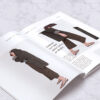

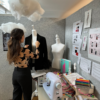
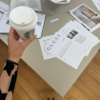
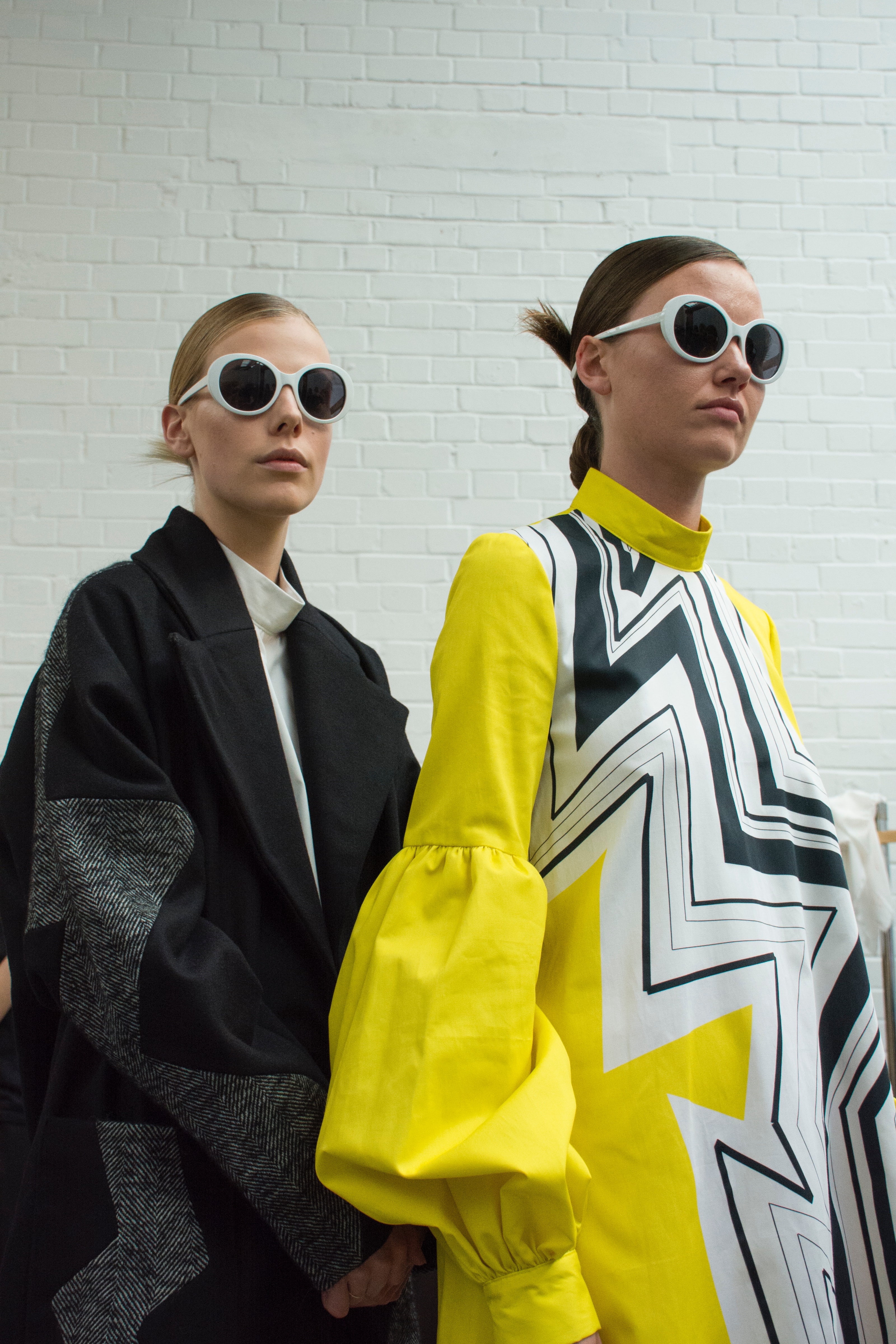
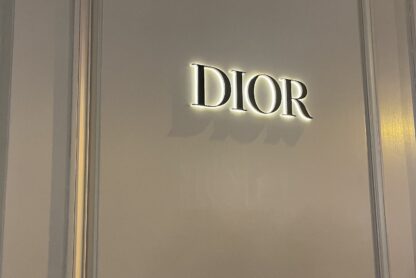
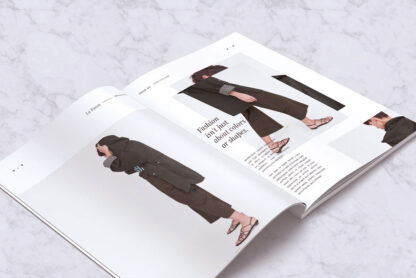
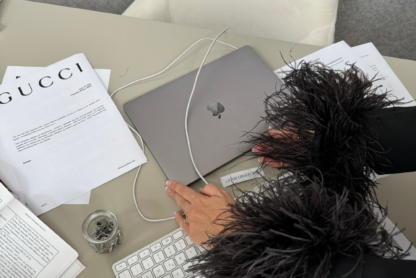
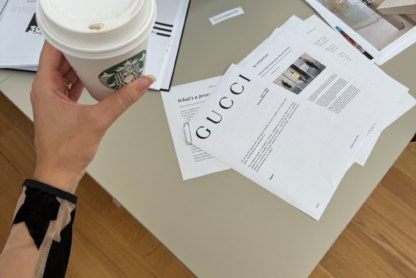
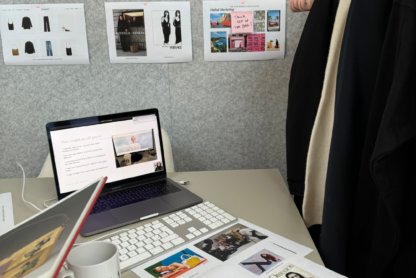
Interesting review and very useful
It’s very helpful. I’ll try my best to make a perfect resume.
Visit us Telkom University
When analyzing job descriptions, what should you focus on?
Greeting : Telkom University
True or False: Include ALL your skills on your resume, regardless of relevance to the fashion industry.